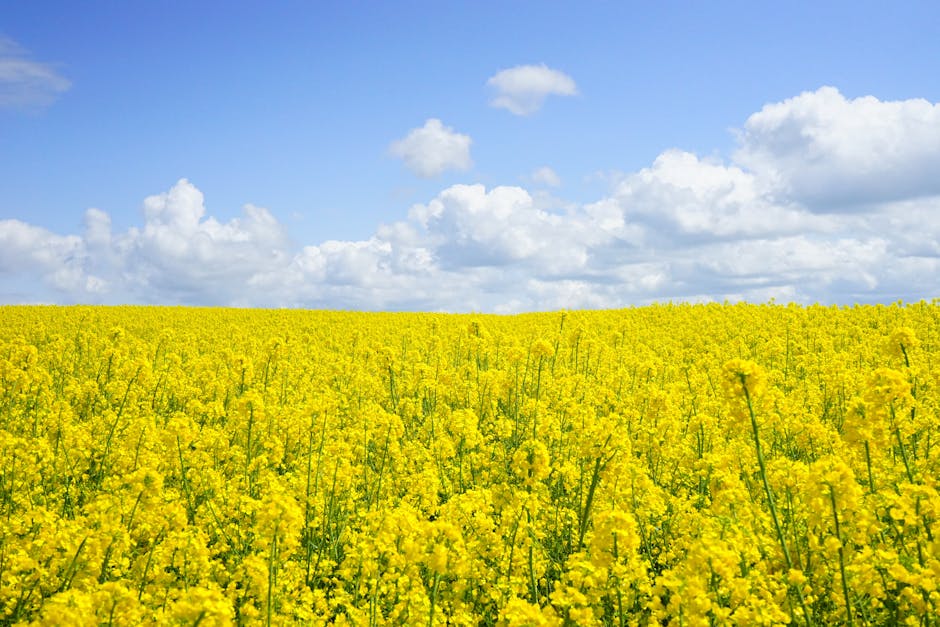Introduction to Cocoa Sustainability
Cocoa sustainability is not just a buzzword; it’s a game changer both for the people who grow cocoa and the folks who love their chocolate. Imagine a world where every chocolate bar you enjoy supports a healthy environment and puts a fair wage into the hands of the farmers. That’s what cocoa sustainability aims for. It’s all about growing cocoa in ways that are good for the earth, helpful to farmers, and great for ensuring we keep enjoying chocolate without a side of guilt. From using less water and safer pest control methods to ensuring farmers get a fair deal for their hard work, cocoa sustainability covers it all. Plus, when farmers and their communities thrive, they can invest in better farming methods, education, and healthcare, making the whole chocolate-eating experience a lot sweeter for everyone.
The Current State of Cocoa Production
Cocoa farms mostly sit in West Africa, particularly Ivory Coast and Ghana, making up about 60% of the world’s supply. However, this vital industry faces big challenges like poor farming practices, deforestation, and labor issues, including child labor. Most cocoa farmers live in poverty, barely earning enough to cover their basic needs. Sustainability in cocoa production aims to change this. It focuses on improving farmers’ livelihoods, protecting the environment, and ensuring ethical labor practices. For consumers, sustainable cocoa means enjoying your chocolate knowing it supports fair trade and conservation efforts. Transitioning to sustainable cocoa production is not just good ethics; it’s also smart business, ensuring the long-term viability of the cocoa industry for future chocolate lovers.
Key Benefits of Cocoa Sustainability for Producers
Cocoa sustainability brings a heap of wins for the folks who grow it. First up, it boosts their income. When farmers use sustainable practices, they get more cocoa beans out of each tree, meaning more cash in their pockets. It’s not just about quantity; it’s about quality too. Better beans fetch higher prices. Next, there’s the land to think about. Sustainable farming means looking after the soil and water, keeping the farm healthy for generations to come. Plus, using fewer chemicals keeps the land and the farmers healthier. Then, there’s the perk of getting a better rep. When a farmer is known for sustainable practices, big companies are more likely to want to work with them. This could mean longer contracts and a more stable income. Lastly, there’s a sense of pride in doing things right. Knowing you’re looking after the planet while making a living? That’s a win-win.
Environmental Advantages of Sustainable Cocoa Farming
Sustainable cocoa farming plays a key role in protecting the environment. It’s all about finding a balance. By adopting methods that care for the soil, water, and biodiversity, farmers help to ensure that forests and ecosystems stay healthy. This includes practices like shade-grown cocoa which supports a diverse wildlife and helps prevent the damaging impacts of deforestation. Reducing the use of harmful pesticides and fertilizers is another big win, as it keeps water sources clean and protects the health of the soil and surrounding wildlife. When farmers focus on sustainability, they contribute to fighting climate change by storing more carbon in the trees and soil. Plus, healthy, biodiverse farms can be more resilient to pests and changing weather, which is good news for everyone involved. So, when you choose sustainably grown cocoa, you’re not just getting a delicious treat. You’re also supporting an approach that keeps our planet in mind.
How Consumers Benefit from Sustainable Cocoa Practices
When farmers practice sustainable cocoa farming, it does more than just help the planet. It directly benefits you, the consumer. First off, sustainable cocoa practices often lead to higher quality cocoa beans. This means your chocolate tastes better. Who doesn’t want that? Next, supporting sustainable cocoa helps ensure that the chocolate industry can keep going strong. Farmers are encouraged to use methods that protect their health and the environment. This means less risk of chocolate running out because of damaged ecosystems or unhealthy farming communities. Finally, knowing your chocolate comes from a place that cares about its impact makes enjoying it that much sweeter. You’re part of a positive chain of events, from the earth to the farmer, to your taste buds.
The Role of Certifications in Promoting Cocoa Sustainability
Certifications play a crucial role in cocoa sustainability. They’re not just stamps on packaging. Think of them as a promise—a commitment to both the planet and the people who farm our cocoa. When a cocoa product sports a certification, it means that it meets specific standards for sustainability and ethical farming practices. This is crucial for producers as it often means they can demand a higher price for their efforts in maintaining these practices.
For consumers, these certifications make shopping simpler. You see a certified product, you know it aligns with better environmental and social ideals. It’s a way to ensure your chocolate indulgence supports fair work conditions and contributes to the fight against deforestation and poor agricultural practices. Certifications like Fair Trade, Rainforest Alliance, and UTZ are among the key players pushing for positive change in the cocoa industry. They help in ensuring farmers get a fair share, child labor is combated, and environmental footprints are minimized.
So, next time you pick up a chocolate bar, take a moment to check for these certifications. It’s a small step for you but a giant leap for cocoa sustainability.
Challenges Facing Cocoa Sustainability Initiatives
Cocoa sustainability is a critical issue that has its fair share of challenges. First off, cocoa farming is incredibly demanding on land, often leading to deforestation as farmers clear more ground for crops in their bid to meet global demand. This method isn’t just bad for the planet; it’s bad for the yield too, as the land loses its fertility over time.
Then there’s the problem with the farmers’ slice of the pie. Most cocoa farmers see only a tiny fraction of the wealth generated from chocolate production, keeping them trapped in a cycle of poverty. This lack of income means they can’t invest in better farming practices, locking them and the environment in a dangerous stalemate.
Pests and diseases are another headache. They can wipe out entire crops, leaving farmers with nothing. And with climate change, these threats are only getting worse. Warmer temperatures and changing rainfall patterns create a paradise for pests and breed new diseases, making sustainable farming even tougher.
Lastly, the push for sustainable cocoa faces resistance from the sheer complexity of the supply chain. With so many hands involved from farm to shelf, ensuring that every step meets sustainability standards is a daunting task. This complexity often leads to gaps in implementing sustainable practices uniformly, making the journey towards total sustainability a tough one.
These challenges pack a punch, but understanding them is the first step in overcoming them and making sustainable cocoa a reality for everyone involved.
Success Stories: Cocoa Sustainability in Action
Success stories about cocoa sustainability paint a picture of hope and progress. In Ivory Coast, the world’s leading cocoa producer, initiatives to train farmers in sustainable practices have resulted in increased yields and better quality cocoa. These programs often focus on teaching farmers how to care for the soil and use less water and chemicals. As a result, farmers not only boost their income by producing more cocoa but also by growing it in a way that’s better for the planet. In Ghana, another top cocoa-producing country, similar efforts have led to the introduction of shade-grown cocoa. This method involves planting cocoa trees under taller trees, which protects the cocoa plants from too much sun, improves soil health, and increases biodiversity. Shade-grown cocoa not only fetches a higher price on the international market but also makes farms more resilient to climate change. For consumers, these success stories mean access to higher quality chocolate that’s produced responsibly. When you choose products made with sustainably sourced cocoa, you’re supporting these positive changes. It’s a win-win for everyone involved.
How Consumers Can Support Sustainable Cocoa
As a consumer, your buying choices have a powerful impact on promoting sustainable cocoa practices. By opting for chocolates and products marked with certifications like Fair Trade, Rainforest Alliance, or UTZ Certified, you’re not just satisfying your sweet tooth. You’re actively participating in a global movement that ensures farmers receive fair wages, work in safe conditions, and use farming practices that protect our environment. So next time you’re craving chocolate, take a moment to check the label. Supporting sustainable cocoa is as simple as choosing products that back fair labor practices and environmental stewardship. Remember, every purchase is a vote for the type of world you want to live in.
Conclusion: The Future of Sustainable Cocoa
The future of sustainable cocoa is bright, with promising benefits for both producers and consumers. As we push towards more ethical farming practices, cocoa sustainability stands to transform the lives of smallholder farmers, giving them fair wages and better working conditions. This shift not only improves the livelihoods of these important community members but also ensures a stable, quality cocoa supply for years to come. For consumers, sustainable cocoa means enjoying your favorite chocolate treats with a clear conscience, knowing that your purchase supports environmental preservation and social justice. As awareness grows and demand for sustainably sourced products rises, we’ll likely see more companies joining the sustainability journey. This commitment to sustainability is not just good ethics; it’s good business, fostering a healthier planet and happier people. So, here’s to a future where every chocolate bar we savor supports a world that’s just as sweet.








